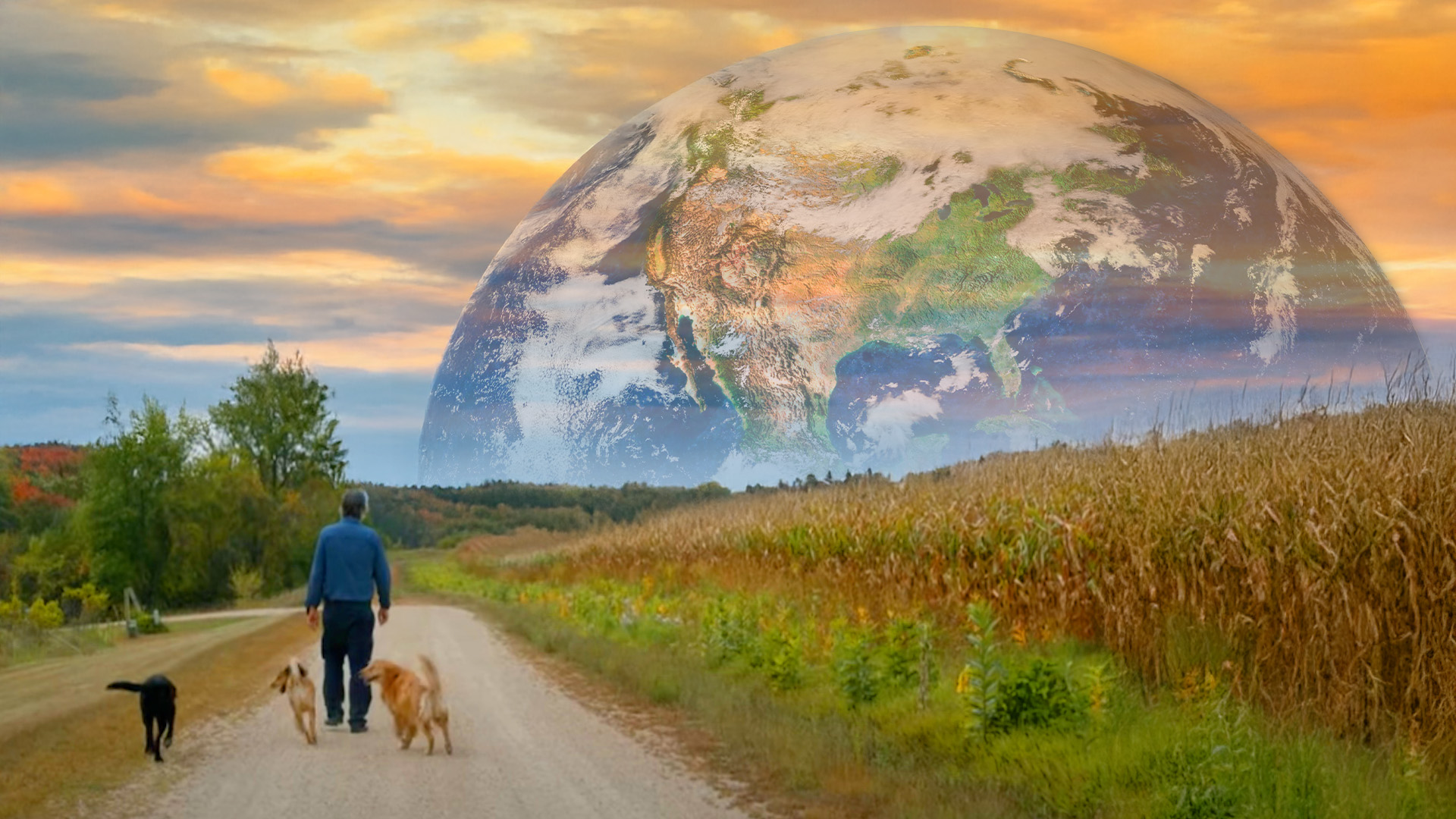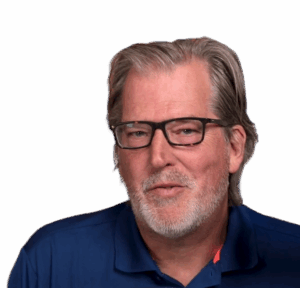
Ep 187 | Nate Hagens
Towards Individual Wisdom and Restraint
Description
In this presentation, recorded earlier this year, Nate offers nine broad paths for individuals to cultivate resilience in an increasingly uncertain and unstable period of human history. From the intellectual & ecological to the spiritual & psychological, these ideas might be considered waypoints for navigating the human predicament, and – in aggregate – help build ‘scout teams’ of humans working on the upcoming cultural transition away from infinite material expansion.
How do we slow down and reject the “hustle culture” that prioritizes gains in efficiency, wealth and consumption over all else? How do we maximize the positive impacts and minimize the negative effects we have on the environment around us? What should we do today to plant the seeds of a future we’d like to see, or would like generations beyond us to see?
Changing the future starts with changing our relationship with today. This may first require being more reflective and realistic about our own relationship with the human predicament – and embracing the uncertainty of what’s ahead. Perhaps if we’re able to redefine ‘individual sovereignty’ in these hyper individualistic times, towards different attitudes, rituals and behaviors, we can act as seeds of something helpful to the future of humanity and the biosphere.
In French, we have a motto that says that a simple drawing is often better than a long explanation. Jean-Marc Jancovici Carbone 4 President
That’s very understandable because with left atmosphere thinking, one of the problems is that you see everything as a series of problems that must have solutions. Iain McGilchrist Neuroscientist and Philosopher
We can’t have hundreds and hundreds of real relationships that are healthy because that requires time and effort and full attention and awareness of being in real relationship and conversation with the other human. Nate Hagens Director of ISEOF
This is the crux of the whole problem. Individual parts of nature are more valuable than the biocomplexity of nature. Thomas Crowther Founder Restor
Show Notes & Links to Learn More
Download transcript00:08 – The Metacrisis (TGS Ep 42 Daniel Schmachtenberger)
02:18 – Energy Blind (TGS Movie)
02:35 – Carbon Pulse (Frankly 44 “The Many Shapes of the Carbon Pulse”)
03:36 – Population & Consumption
04:02 – Fish Swimming Polewards
04:09 – Microplastics in Our Brains
04:10 – Decline in Species
05:33 – Murmuration
06:28 – The Superorganism (TGS Movie), Economics for the Future – beyond the Superorganism
07:54 – AI Artificial Intelligence
08:31 – Green Growth
08:41 – Mordor Economy
09:00 – Post-Growth
09:04 – The Great Simplification Podcast
09:08 – Mad Max Movies
09:44 – Six Continent Supply Chain
10:02 – Climate Change, Ocean Acidification, Biodiversity Loss
11:10 – Mitochondria
11:19 – William Rees-Mogg, James Dale Davidson
11:22 – The Sovereign Individual
11:32 – Bitcoin
11:56 – Reductionist, Wide Boundary
12:43 – Biophysical Microeconomics
14:47 – Microbiome
14:57 – Limbic System
15:35 – Dopamine, Serotonin, Oxytocin
16:19 – Vagus Nerve
17:51 – Audrey Tang, TGS Podcast Ep 169 Audrey Tang
18:45 – Cognitive Load
19:50 – Metacognition
21:27 – Web of Life
22:47 – Depression, Recession
23:38 – Jean-Marc Jancovici, TGS Podcast Eps 84 & 175 Jean-Marc Jancovici
23:58 – Sobriété
25:31 – Frankly 65 “And Then What? Using Wide Boundary Lenses”
26:54 – Frankly 69 “Goldilocks Technology”
35:21 – TGS Franklys, Frankly 79 “The Biggest Takeaways from the Logic of the Superorganism”
36:18 – Ecological Overshoot
39:27 – DJ White, TGS Podcast Ep 51 DJ White
40:05 – EarthTrust Dolphin Drive Kills
40:13 – Dredging of Oceans
40:18 – Starkist Tuna and Dolphins







